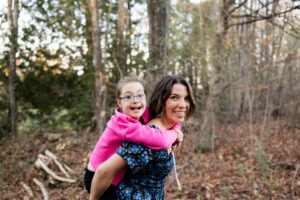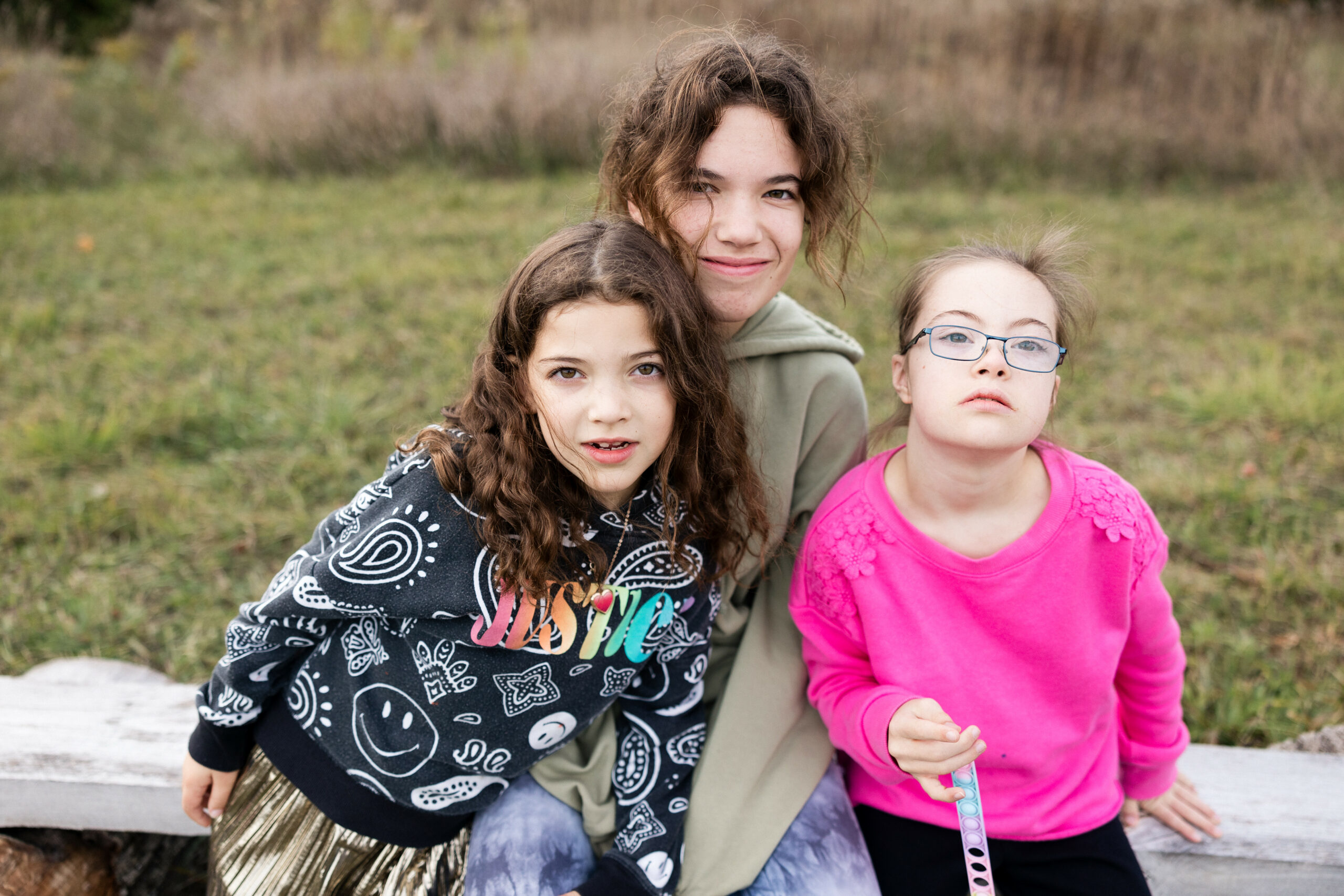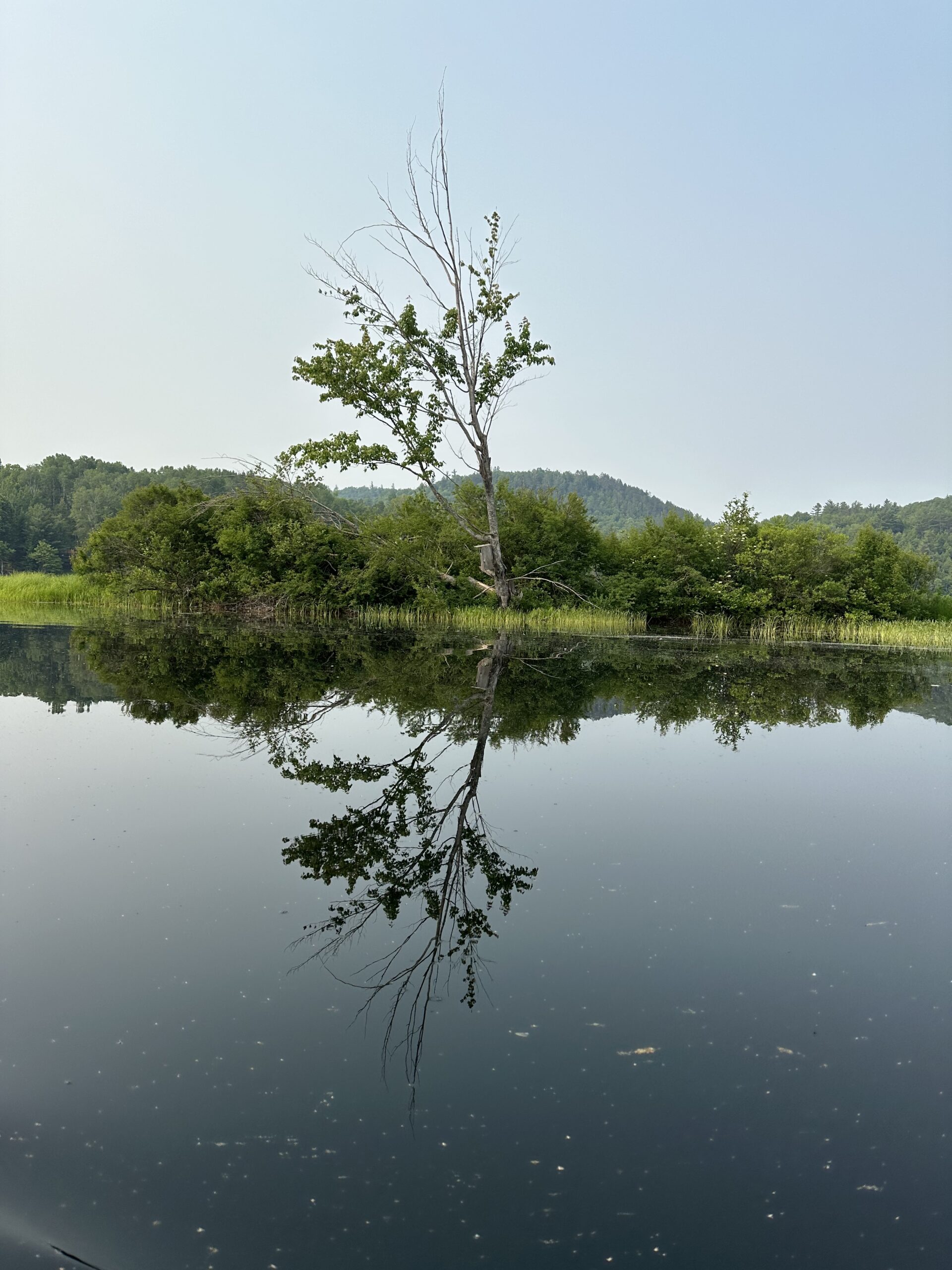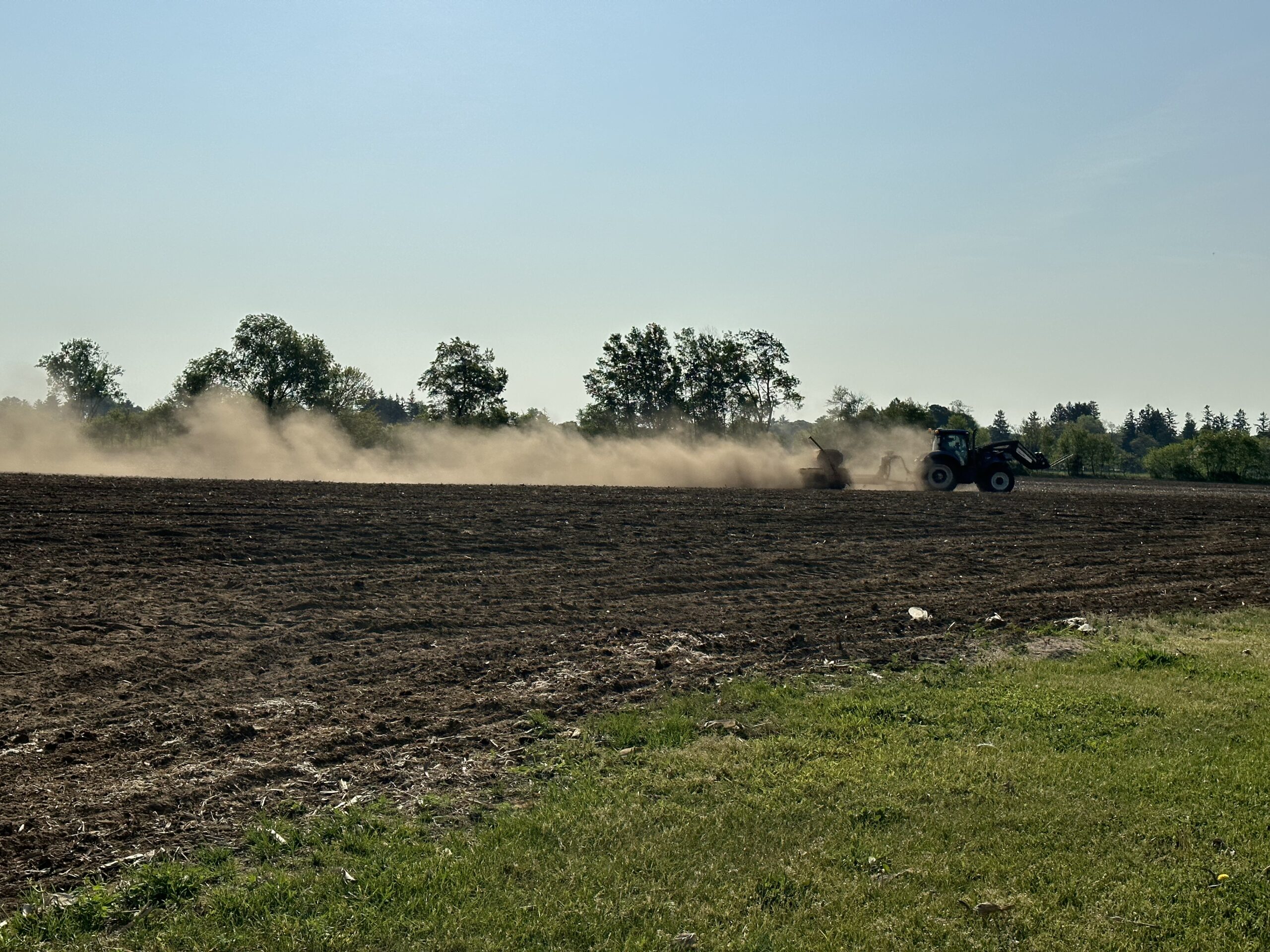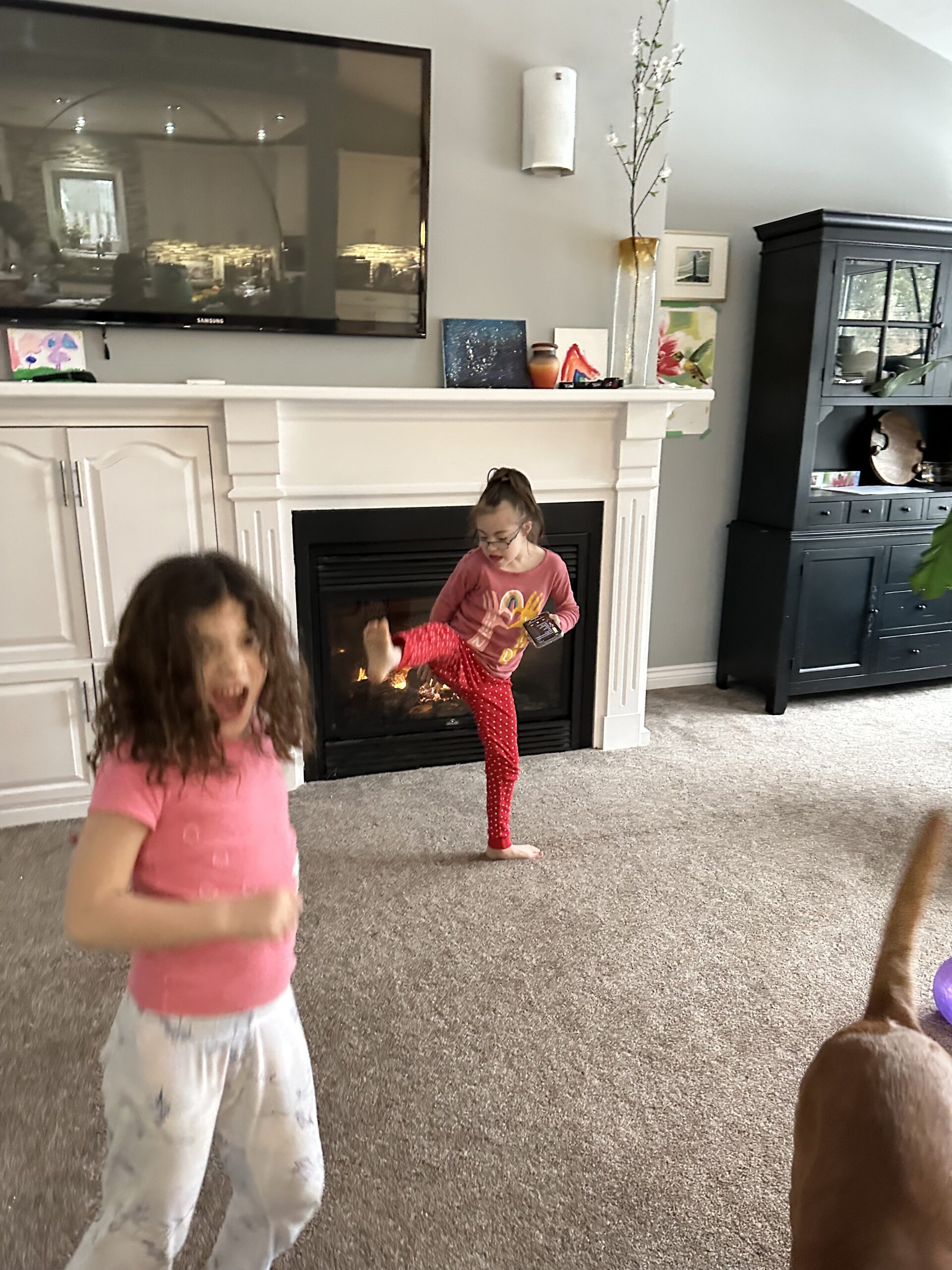Published as an Op-ed in the Toronto Star, Saturday, February 24th, 2024:
“One Commonly Used Word We Need to Release into the Abyss of History” https://www.thestar.com/opinion/contributors/one-commonly-used-word-we-need-to-release-into-the-abyss-of-history/article_995dc748-d042-11ee-8cb5-df145c3cbe26.html
Twenty years ago, the ‘R’ word (“retard”) was used prolifically on school playgrounds, on the radio in people’s homes, and even during work meetings. With dedicated public awareness campaigns, disability advocates have been able to change the narrative, public attitude and perceptions of the ‘R’ word over the last decade, to the point that I rarely hear it spoken anymore. The connection between people with intellectual disabilities and the ‘R’ word was made explicit—you couldn’t say the word without punching down at the person. Societally, I like to think that we do have a conscience, and when the connection was made, most people didn’t want to be punching down at people with intellectual disabilities.
Fast forward to 2024. In almost every book I read, I come across the word ‘idiot’. I once used that word in the same context I still hear it frequently: I’ve done something stupid, therefore, I am an idiot. Insult based on a low IQ. The original meaning hasn’t changed. But where does that word come from and why don’t I use it anymore?
We have to go back to the early 1900s at the turn of the twentieth century. With the opening of large-scale institutions, doctors and medical professionals routinely recommended that babies with Down syndrome were removed from their families and placed into institutional guardianship. The institutionalization of people with Down syndrome went on for over a hundred years—shockingly, into the 2000s.
My family and I are still experiencing the reverberating negative effects of this separation and institutionalization of people with Down syndrome from their families, and one such way is the damning language of institutionalization that persists. In case you don’t know what went on in those institutions, suffice it to say degradation, torture, violence, and full-scale dehumanization that included drugging, hosing down, and forced sterilization of residents.
I first read extensively about this history of violence in Dr. Catherine McKercher’s book Shut Away: When Down Syndrome was a Life Sentence, which chronicles the history of institutionalization in Canada.
At the time, medical professionals had a language, a particular vernacular, to refer to people with intellectual or cognitive disabilities. This is the language of the institution: “People with IQs between 90 and 70 were considered dull or borderline, and anyone whose IQ was below that was classified feeble-minded. There were three types of feeble-minded people: morons (IQs of 50-69), imbeciles (IQs of 20-49), and idiots (IQs below 20).” (Shut Away)
If I tell you, when I was a classroom teacher 15 years ago, that these terms were still hanging around as a classification system to describe IQ for students with disabilities, these exact same terms, would you believe me?
If I told you, that my own daughter with Down syndrome’s intelligence was assessed under the guise of using the results to get her the school support she needs, and we were presented a graph with a flat line,
“Okay,” I said, “where are her results?” And the results were the flat line. A line yawning just above zero, as in, my daughter, who makes me smile and cry and laugh hysterically has zero intelligence.
Would you believe that would make her an ‘idiot’, to use the outdated terminology that has only recently—very recently—been updated.
When a term becomes an insult it becomes a weapon of dehumanization. When someone is viewed as less than human, they get treated badly. We use “idiot” as an insult, and when we do, we unwittingly call forth the language of the past. The language of institutionalization. A language that dehumanized people with Down syndrome in the past and continues to dehumanize them in the present. A language that would harm my daughter. A language that harms me, as her mother.
Once I made the connection, I couldn’t unsee it.
We can’t undo the past, but we can be mindful of the words we choose moving forward.
Some words we reclaim. Others we need to release into the abyss as relics of a sad and awful history.
